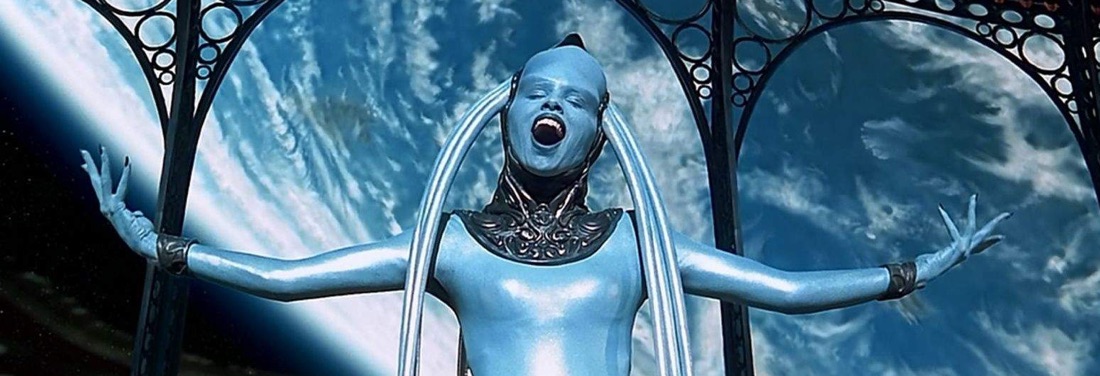
Critics and Their Criticism
Pretty, petite and forgettable where her predecessor was striking and irresistible, Susan Strasberg doesn’t convince as the headstrong, mercurial aspiring actress who takes Broadway by storm.
Beatrice Page is a wonderful fit for Ginger Rogers, who plays it with brassy charm and a laudable sense of humor, since the character seems not to notice that she has aged out of her 20s by a couple of decades.
“Camp” is exactly the lens through which The Velvet Touch is best examined, including an utterly bewildering cross-pollinating of genres.
While I’d stop short of calling All About Eve a camp classic, it holds an undeniable and lasting interest for gay viewers.
The candor of some aspects of Now, Voyager—which at times can feel fairly formulaic—has moments that are truly startling, and there is something surprisingly modern and frank in the not-entirely-fulfilling concluding moments.
We put together these two very different movies from more than half a century apart—Of Human Bondage (1934) and The Whales of August (1987)—and thus get a sense of the long arc of a career.
Johnny Guitar, the delightfully subversive Western by director Nicholas Ray, features one of Joan Crawford’s most iconic performances.
What Ever Happened to Baby Jane is, of course, the founding document behind the concept—itself almost a piece of Grand Guignol theatrics—of horror as the genre to which female stars are left once they’ve hit 50.
By the end, we have rolling heads, a lot of screaming, and cheap horror too often overwhelms the better instincts of the screenwriters.
It’s the legendary Jeanne Eagels in the spotlight, which is exactly the right term. From our first glimpse of her fabulous face, she seems almost lit from within.
I’ve heard admirers for years describe this as their favorite Bette Davis performance, and it’s easy to see why; she brings her entire range to the role, and you can’t take your eyes off her.
I still remember, and some of it quite vividly, what it was like to experience Achim Freyer‘s intense and groundbreaking Ring production all these years later.
The production style exposed Peter Shaffer’s Amadeus for what it’s always been: a piece of lowbrow camp masquerading as highbrow art.
We can delight in films that make use of motif to give opera-lovers an extra little jiggle.
Wagner must intrude at some point because he invented film music.
My first exposure to Lucia di Lammermoor came under the auspices of The Three Stooges.
Some consider Katharine Hepburn a tomboy — I don’t share that view, but the particular iconoclastic style she was already cultivating in her early days certainly suits Jo March.
“That girl’s a character!”
“I think she’s got something!”
One of the greatest pleasures of our continuing Katharine Hepburn series for me has been rediscovering how marvelous she can be.
The characteristics that made Katharine Hepburn‘s performance in A Delicate Balance work so well do her a disservice here.
Terror and breakdown is hinted at strongly, almost blatantly, but the characters never seem to move an inch past the comfort zone.
Tom Hiddleston manages to balance the many layers of Coriolanus, from his military strength and hot temper, to his strangely overpowering sense of personal dignity, which is ultimately his tragic flaw.
Nearly 70 years after its debut, A Streetcar Named Desire remains the greatest stage-to-screen adaptation of all time.
There are a number of fine elements in this film, and a couple that are exceptional—but I can’t get over the wrongness of its look.

















































